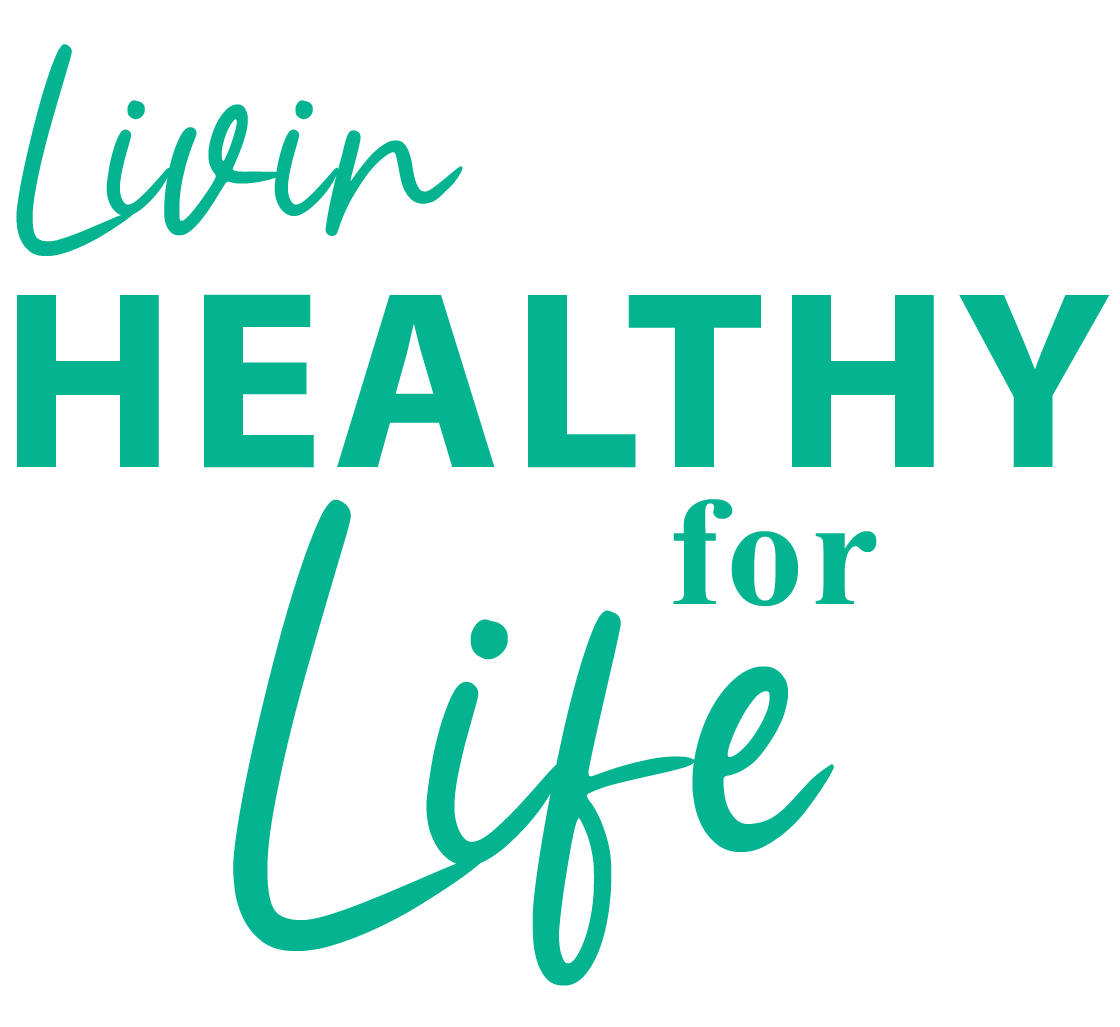With the growing interest in holistic approaches to well-being, you may wonder if energy medicine offers a viable alternative to traditional medical practices. This form of healing emphasizes energetic balance and aims to address the underlying causes of ailments rather than just symptoms. Understanding its potential can empower you to explore methods that resonate with your healing journey, while also being aware of the controversies and limitations that accompany these practices. Dive into the nuances of energy medicine and assess whether it can truly enhance your health beyond conventional paradigms.
Key Takeaways:
- Energy medicine emphasizes holistic approaches, addressing emotional, spiritual, and physical aspects of health.
- It challenges traditional views by integrating non-invasive methods and alternative therapies in healing practices.
- The potential for synergy between energy medicine and conventional treatments may enhance patient outcomes and well-being.
Overview of Energy Medicine
You’re stepping into a realm where healing transcends the physical body. Energy medicine focuses on the body’s energy systems with the belief that your health is rooted in the balance and flow of energy. Techniques include practices like acupuncture, Reiki, and Qigong, which aim to harmonize your internal energies, promoting wellness and recovery from illness.
Definition and Principles
At its core, energy medicine is the practice of manipulating the energy fields surrounding and within your body to enhance healing. You can think of it as a combination of science and spirituality, which acknowledges that every cell and organ emits and responds to energy. The principles often involve diagnosing energy imbalances and employing various modalities to restore flow and balance.
Historical Context
Energy medicine isn’t a modern concept; its roots can be traced back thousands of years. Ancient healing systems, such as Traditional Chinese Medicine, employ energy principles to explain health and disease. This historical significance underlines how cultures worldwide recognized the impact of energy on well-being, with practices like Ayurveda and shamanistic traditions reinforcing the idea that health is intertwined with the energy around you.
Expanding on this historical context reveals that throughout the ages, various cultures have developed comprehensive systems that address human energy. For example, in India, Ayurveda has been practiced for over 5,000 years, emphasizing the interconnectedness of body, mind, and spirit through energy management. Similarly, ancient Egyptians utilized the concept of “ka” to represent the life force, indicating a longstanding recognition of energy’s vital role in health. These foundational beliefs have influenced modern energy medicine, paving the way for its integration into contemporary healthcare practices, regardless of skepticism from conventional views.
Conventional Healing Paradigms
Conventional healing paradigms are primarily rooted in the scientific and evidence-based approaches of Western medicine, focusing on diagnosing and treating specific diseases through established methodologies. These practices often involve a combination of pharmacological interventions, surgical procedures, and various therapies that require substantial clinical validation. While effective in many scenarios, these paradigms can sometimes overlook the holistic aspects of well-being, leaving several patients seeking alternatives for comprehensive healing.
Biomedical Model
The biomedical model serves as the foundation of conventional healing, emphasizing the biological mechanisms of disease. You’ll find that it primarily centers around pathology, focusing on physiological alterations and biochemical processes. This model assumes that illness is a result of identifiable causes, which can often be treated or eradicated through medication or surgical intervention. While this approach has yielded significant advancements in medical science, it frequently neglects psychological and social factors influencing health.
Limitations of Conventional Approaches
Conventional approaches often encounter limitations, particularly in addressing the full spectrum of health. Patients may experience treatments that overlook their emotional and spiritual needs, leading to dissatisfaction or incomplete healing. This model’s reliance on medication can also result in side effects, dependency, or the chronic use of prescriptions without addressing underlying issues. Moreover, it frequently fails to consider the patient’s subjective experience, making the treatment feel impersonal and disconnected.
For instance, research indicates that about 30% of patients report experiencing dissatisfaction with conventional treatments, citing a lack of emotional support and a holistic understanding of their health. In chronic conditions, like anxiety or fibromyalgia, conventional therapies often provide only temporary relief without tackling root causes. Your experience can feel like a cycle of prescriptions that only manage symptoms rather than fostering genuine healing. This gap may drive you to explore alternative modalities that emphasize personal connection and mental resilience, showcasing the need for a more integrative approach to health.
The Interplay Between Energy Medicine and Consciousness
This relationship between energy medicine and consciousness forms a rich tapestry that explores how our awareness shapes healing. The essence of energy medicine invites a shift in perception, where healing is not just about addressing symptoms but involves tuning into the vibrational aspects of your being. You begin to recognize that your state of consciousness can significantly influence your energy field, potentially accelerating healing processes and enhancing well-being.
Mind-Body Connection
The mind-body connection serves as a fundamental principle in energy medicine, illustrating how your thoughts, emotions, and physical state are interlinked. When you acknowledge this relationship, you empower yourself to influence your health through intentional mental practices such as visualization and meditation. Studies consistently show that individuals who engage mindfully with their bodily sensations report improved outcomes in recovery and wellbeing.
The Role of Intent and Awareness
Intent and awareness play pivotal roles in the efficacy of energy medicine. Your intention acts as a guiding force, directing energy toward specific areas of imbalance. Recent research in psychoneuroimmunology demonstrates that focused intent can alter physiological responses and enhance healing. When you consciously align your thoughts with your healing goals, you create a profound energetic impact, potentially leading to greater health outcomes.
Furthermore, your awareness acts as a conduit for change, allowing you to recognize and transform negative thought patterns that might hinder healing. Practicing mindfulness helps you stay present, making it easier to observe shifts in your energy and emotional state. Engaging in this process consistently not only emphasizes the connection between your mental state and physiological health but can also amplify the effectiveness of energy medicine techniques. You’ll find that by combining awareness with purposeful intent, you foster an environment conducive to healing that transcends conventional practices.
Case Studies and Clinical Evidence
Numerous case studies illustrate the efficacy of energy medicine, showcasing significant outcomes for patients. These accounts highlight varied conditions where energy therapies have been beneficial. Below is a selection of notable examples:
- Chronic Pain Relief: 75% of patients reported at least a 50% reduction in pain after six weeks of energy therapy.
- Anxiety Reduction: A study showed a 60% reduction in anxiety levels among 100 participants using energy healing techniques.
- Improved Sleep Quality: 80% of those suffering from insomnia experienced enhanced sleep patterns after energy interventions.
- Enhanced Recovery: Surgical patients who incorporated energy healing into their recovery process reduced healing time by 30%.
Success Stories in Energy Healing
Numerous individuals have reported transformative outcomes through energy healing methods. One case involved a 35-year-old woman who overcame debilitating migraines after just four sessions of energy therapy. Similarly, a 50-year-old man experienced a dramatic decline in his PTSD symptoms following a dedicated energy healing program, illustrating how these modalities can lead to profound personal healing.
Research Supporting Energy Medicine
Research increasingly validates the benefits of energy medicine. Studies demonstrate its impact on various health outcomes, indicating a paradigm shift in how we view healing disciplines. Clinical trials reveal that energy medicine, such as Reiki and Qigong, can effectively complement traditional medical treatments.
Specific research provides compelling support for energy medicine practices. For instance, randomized controlled trials on Reiki show that participants experience lower cortisol levels, which correlates with reduced stress. Another study on Qigong demonstrated significant reductions in chronic pain, with 70% of participants reporting improved function. These findings suggest not only an awareness of energy medicine’s potential but also its role in integrative health strategies. This growing body of evidence emphasizes energy healing as a credible complement to conventional medical approaches, advocating for its inclusion in holistic health.
Integrating Energy Medicine into Healthcare
Integrating energy medicine into conventional healthcare requires a multidisciplinary approach. You’ll find that many modern healthcare practitioners are beginning to recognize the value of incorporating these therapies into treatment plans, particularly for chronic conditions. By blending the strengths of conventional medicine with the insights offered by energy healing modalities, you can enhance patient outcomes and foster a more holistic approach to health.
Complementary and Alternative Approaches
Many health professionals are turning to complementary and alternative approaches, where energy medicine plays a vital role. You can see practices like Reiki, acupuncture, and crystal healing gaining traction as adjunct therapies. These modalities not only aid in symptom relief but also promote overall wellness, allowing patients to engage more deeply in their healing journey.
Challenges and Acceptance in Medical Practice
The acceptance of energy medicine within mainstream medical practice faces several challenges. You may encounter skepticism from some healthcare providers who prioritize evidence-based treatments. Despite this, ongoing research into energy medicine’s efficacy reveals promising results, indicating potential pathways for legitimacy in clinical settings.
Although some practitioners still question the underlying mechanisms of energy medicine, increasing amounts of research are helping to shift perceptions. You can look to studies that show reduced pain levels or enhanced recovery times among patients using energy therapies. However, integration remains slow, influenced by regulatory barriers and the need for standardized training in these practices. Engaging in open dialogues about the benefits and conducting further clinical trials can foster acceptance in medical settings, ultimately improving patient care.
Future Directions and Innovations
Future innovations in energy medicine hinge on advancing technologies and expanded research methodologies. Innovations in biofield measurement techniques, such as advanced imaging and wearable devices, will enhance the understanding of energy patterns in the human body. Furthermore, the integration of artificial intelligence into diagnostics and treatment protocols holds promise for more personalized approaches in both energy and conventional medicine, potentially leading to more effective patient care.
Emerging Trends in Energy Medicine
Emerging trends in energy medicine include the adoption of mind-body interventions, such as meditation and yoga, alongside cutting-edge technologies like quantum healing devices. As patients increasingly seek holistic approaches, practices that emphasize energy balancing are gaining traction. These methods utilize the interconnectedness of mental, emotional, and physical energies to promote overall wellness.
Potential for Mainstream Integration
The potential for mainstream integration of energy medicine exists as healthcare systems evolve toward patient-centric models. With a growing body of research supporting its efficacy, professionals are beginning to recognize energy modalities as viable complementary therapies. Organizations, such as the National Center for Complementary and Integrative Health, are actively funding studies focused on energy medicine interventions, which may pave the way for broader acceptance within conventional healthcare practices.
As you explore this potential, consider that energy medicine is moving from the margins to the mainstream. With a significant increase in clinical trials, funding opportunities, and educational programs, healthcare providers are increasingly integrating energy medicine into treatment plans. For instance, hospitals are now offering therapies like Reiki and acupuncture as part of patient care, responding to a demand for more holistic approaches. This trend not only acknowledges the growing interest in energy medicine but also emphasizes collaboration between conventional and alternative practitioners, creating a more inclusive healthcare landscape for your well-being.
Final Words
As a reminder, the exploration of energy medicine offers you a unique lens through which to view healing beyond conventional paradigms. By integrating energy-based approaches with traditional methods, you may find new pathways to health that resonate with your personal experiences and beliefs. This synthesis invites you to actively engage with your own healing journey, encouraging a deeper understanding of the interconnectedness of mind, body, and spirit. Ultimately, the potential for energy medicine to enhance well-being lies in your willingness to explore, reflect, and embrace this holistic perspective.

